Nobel Prize announcements offer hope amidst global conflict and crises
- Update Time : Friday, October 4, 2024

Next week, the world will witness the annual Nobel Prize announcements, honoring those whose contributions have made significant strides in improving the human condition. As conflict and instability escalate across the globe-from the war in Ukraine to the famine in Sudan, spiraling violence in the Middle East, and worsening climate crises-these prestigious awards offer a glimmer of hope in an otherwise bleak world. The Nobel season kicks off on October 7, with the announcements culminating in the most anticipated of them all: the Nobel Peace Prize, which will be revealed on October 11.
While Nobel laureates are traditionally hailed for their efforts in advancing science, literature, and peace, the current state of world affairs raises an uncomfortable question: What does it mean to “confer the greatest benefit on humankind” when armed conflicts, environmental degradation, and human rights violations dominate the headlines? Could it be that the Nobel Committee, facing one of the most tumultuous periods in recent history, might choose not to award the Peace Prize at all?
The Nobel Peace Prize has always been the crown jewel of the six prizes established by Swedish industrialist and philanthropist Alfred Nobel in his 1895 will. Nobel specified that the prizes should honor those whose work “has conferred the greatest benefit on humankind.” However, given the current state of global affairs, some experts argue that perhaps no one deserves the Peace Prize this year.
Dan Smith, the director of the Stockholm International Peace Research Institute (SIPRI), has expressed doubts about awarding the Peace Prize in 2024, given the stark reality of today’s world. “Maybe this is the time to say, ‘Yes, many people are working very hard, but it’s not getting there, and we need more people and world leaders to wake up and realize that we are in an extremely dangerous situation,'” Smith remarked. He pointed out the alarming escalation in global conflicts, with over 50 active armed confrontations around the world. “The lethality of those armed conflicts has increased dramatically in the past two decades,” he added.
Smith’s perspective reflects a broader sentiment of frustration. Global conflicts have become more deadly and protracted, while political solutions to these crises seem increasingly elusive. In light of this, some speculate that a symbolic decision to withhold the Peace Prize could send a powerful message: that the international community is failing in its efforts to promote peace.
However, the likelihood of this happening remains slim. As Olav Njolstad, the secretary of the Nobel Committee, told AFP, “I’m confident there will be a worthy candidate for the Peace Prize this year as well.” The Nobel Committee has traditionally avoided abstaining from awarding the prize unless no suitable candidates are available. Not awarding the Peace Prize could be seen as an acknowledgment of failure, which the committee would likely prefer to avoid.
With 286 nominations submitted for this year’s Peace Prize, predicting the winner is always a challenge. The committee keeps the list of nominees sealed for 50 years, though some nominees are revealed by those entitled to make submissions.
Among those believed to be in the running for the 2024 Peace Prize are several organizations and individuals working in conflict zones. Notable contenders include the United Nations Relief and Works Agency for Palestine Refugees in the Near East (UNRWA), the Palestinian human rights group Al-Haq, and the Israeli human rights organization B’Tselem. In the context of the ongoing Israeli-Palestinian conflict, awarding the prize to such groups could highlight the importance of human rights and justice in a region that has been plagued by violence for decades.
Another candidate generating speculation is the Campaign to Stop Killer Robots, a coalition of organizations dedicated to banning autonomous weapons systems that can operate without human control. With the increasing development of military technologies capable of making life-and-death decisions independently, awarding the Peace Prize to this group would emphasize the existential risks posed by such advancements.
Beyond the Peace Prize, the other Nobel Prizes also spark considerable interest, particularly in literature. The Nobel Prize in Literature, to be announced on October 10, has long generated frenzied speculation. This year, several experts believe the Swedish Academy might honor a writer from outside Europe, with Chinese avant-garde author Can Xue emerging as a top contender. Known for her experimental, Kafkaesque fiction, Can Xue explores themes that blur the line between utopia and dystopia, transforming the mundane into the surreal.
Other names making the rounds include Australian novelist Gerald Murnane, British writer Salman Rushdie, Canadian poet Anne Carson, and Kenyan author Ngugi wa Thiong’o. The Swedish Academy has often favored relatively unknown writers in recent years, so there is always the potential for a surprise.
In the scientific categories, the Prize in Physiology or Medicine will open the Nobel announcements on October 7. Among the likely candidates for this prize are researchers studying lipid metabolism, which has led to new treatments for cardiovascular diseases, and those investigating the basal ganglia, parts of the brain involved in motor control and emotions. Another possible winner could be research on genomic imprinting, which has advanced the field of epigenetics and our understanding of mammalian development.
The Nobel Prize in Physics will be announced on October 8, followed by the Chemistry Prize on October 9. As always, these categories celebrate breakthroughs that push the boundaries of human knowledge and improve the quality of life.
In a year when the world is grappling with crises on multiple fronts, the 2024 Nobel Prizes serve as a reminder of humanity’s capacity for progress, even in the darkest of times. Last year’s winners, such as Katalin Kariko and Drew Weissman, whose work on messenger RNA technology enabled the development of COVID-19 vaccines, exemplify how scientific achievement can address urgent global challenges.
While the Nobel Peace Prize is often the most controversial, the laureates in literature, science, and economics play an equally important role in shaping the future. This year’s winners will take home a prize of 11 million Swedish kronor ($1 million) per discipline, to be shared if there are multiple recipients.
As the world watches the Nobel announcements unfold, the hope is that these awards will continue to inspire innovation and humanism at a time when they are needed most. Despite the many challenges we face, the achievements honored by the Nobel Prizes remind us of the potential for positive change-even in the most turbulent of times.



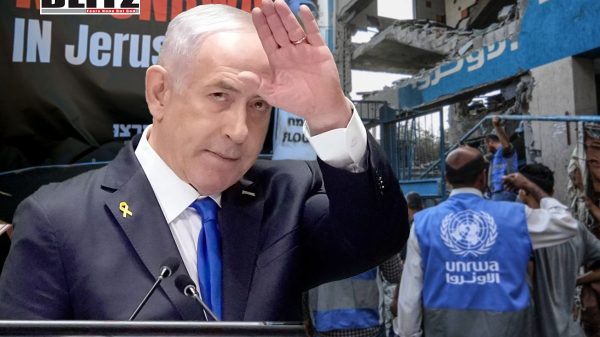


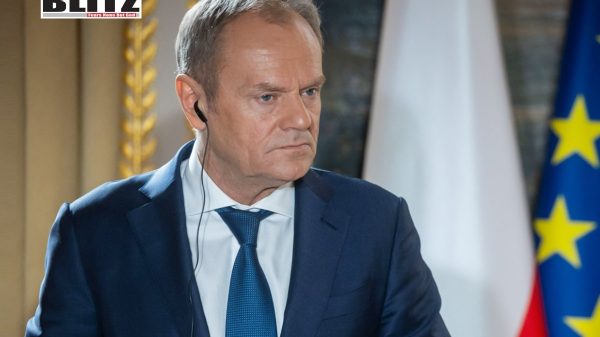
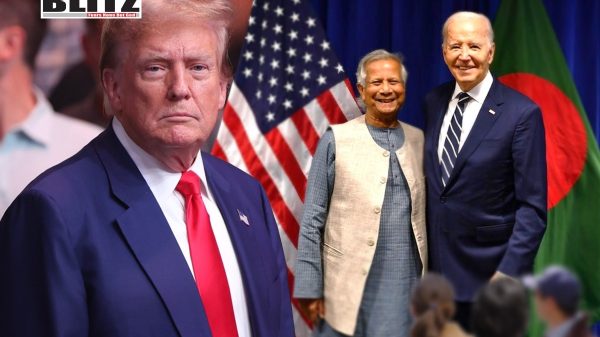


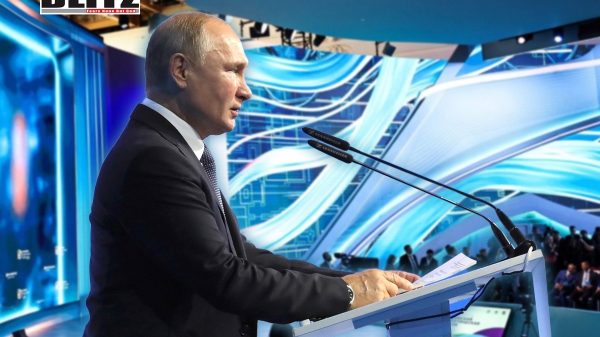

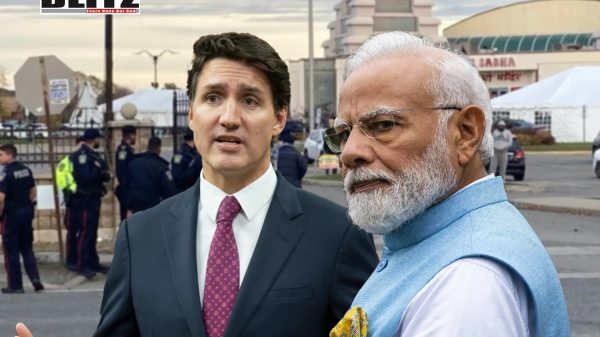

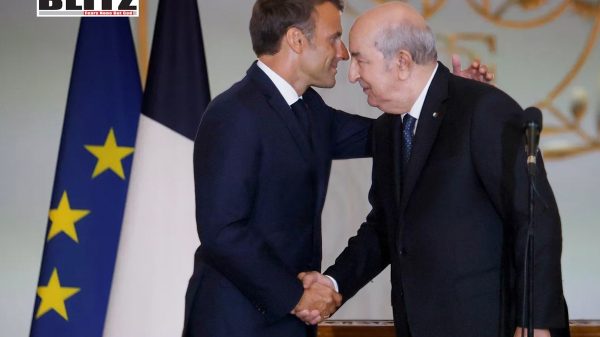

Leave a Reply